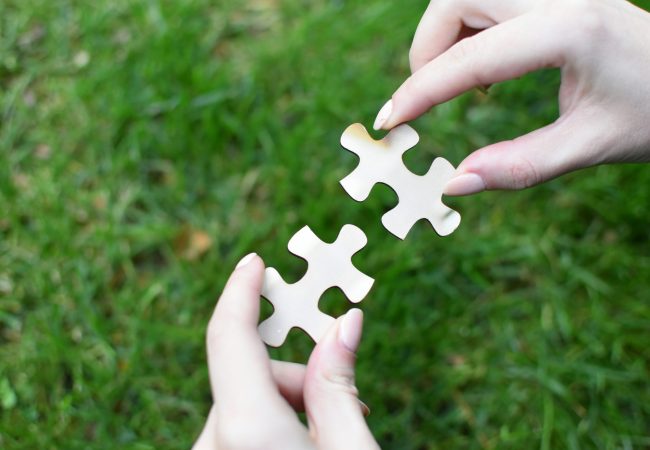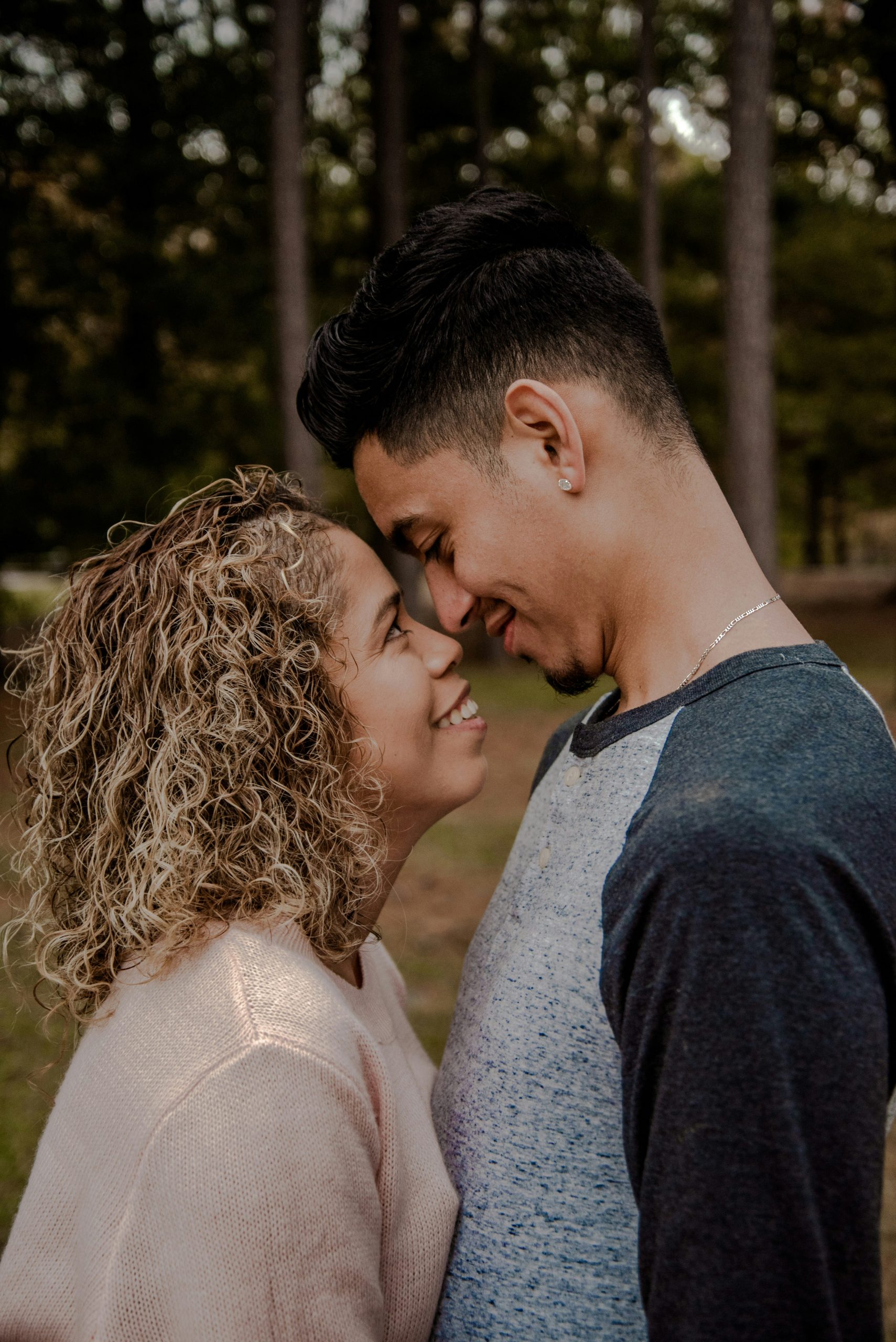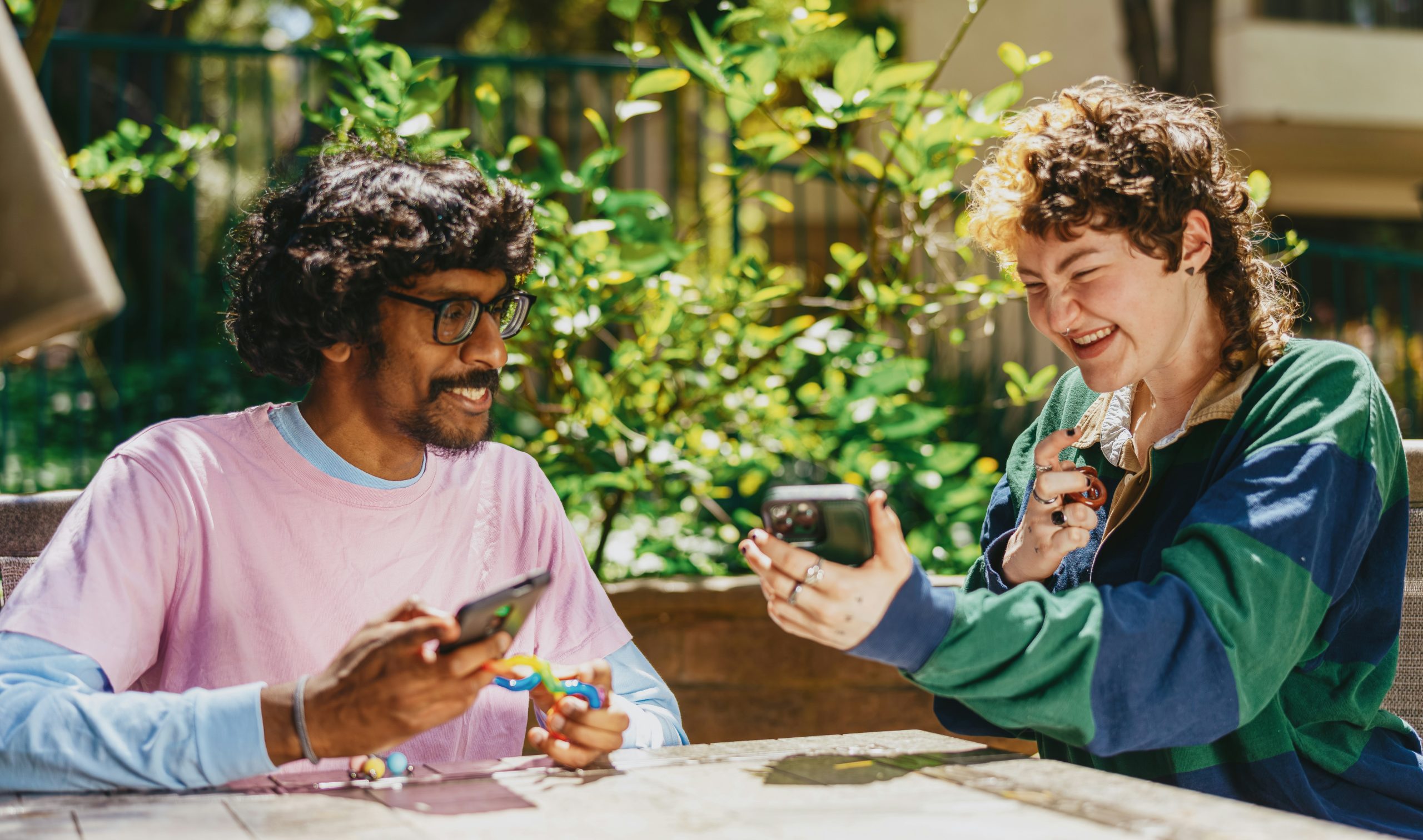Counselling Support for Neurodiversity in Romantic Relationships
How Couples Counseling Can Address Neurodiversity in Romantic Relationships
Neurodiversity in romantic relationships brings a rich tapestry of experiences, perspectives, and challenges. When one or both partners are neurodivergent, such as having autism, ADHD, dyslexia, or other neurological differences, navigating the relationship requires a nuanced approach. Couples counseling can be an invaluable resource for addressing the unique dynamics of neurodiverse relationships, fostering understanding, and enhancing connection. In this blog post, we explore how couples counseling can help neurodiverse couples navigate their relationship and thrive together.
Understanding Neurodiversity in Relationships
Neurodiversity acknowledges that neurological differences are a natural and valuable part of human diversity. These differences can affect communication styles, sensory processing, social interactions, and emotional regulation. Understanding and accommodating these variations is crucial for a healthy and supportive relationship.
The Role of Couples Counseling
Couples counseling offers a structured and supportive environment where partners can explore their relationship dynamics, improve communication, and develop strategies to address challenges. For neurodiverse couples, counseling provides tailored approaches to meet their specific needs and foster mutual understanding.

How Couples Counseling Can Help
Enhancing Communication:
- Effective communication is the cornerstone of any relationship, and it becomes even more critical in neurodiverse relationships. Counselors can help couples develop communication strategies that accommodate neurodiverse needs, such as using clear, direct language or incorporating visual aids. They can also teach active listening skills and ways to ensure both partners feel heard and understood.
Managing Sensory Sensitivities:
- Sensory sensitivities can impact daily interactions and activities. Counselors can work with couples to identify triggers and develop coping strategies. This might include creating sensory-friendly environments at home or finding compromises that respect both partners’ sensory needs.
Navigating Social Interactions:
- Social interactions and expectations can differ significantly in neurodiverse relationships. Counselors can guide couples in understanding each other’s social preferences and boundaries, helping them navigate social gatherings and interpersonal dynamics more smoothly.
Building Emotional Regulation Skills:
- Emotional regulation can be challenging for neurodivergent individuals. Counseling can provide tools and techniques for managing emotions effectively, reducing conflicts, and enhancing emotional connection. This might involve mindfulness practices, stress reduction techniques, or structured approaches to discussing emotions.
Developing Routine and Structure:
- Neurodivergent individuals often benefit from routine and structure. Counselors can assist couples in establishing routines that work for both partners, promoting stability and reducing stress. This might include creating schedules, setting reminders, or developing consistent habits.
Addressing Relationship Expectations:
- Misaligned expectations can lead to frustration and misunderstandings. Counseling helps couples clarify their expectations and align their goals. By setting realistic and mutually agreed-upon expectations, partners can foster a more harmonious relationship.
Providing Education and Resources:
- Counselors can educate both partners about neurodiversity and its impact on their relationship. This increased understanding fosters empathy and reduces stigma. Additionally, counselors can recommend resources, such as books, support groups, or online communities, to further support the couple.
Real-Life Example
Consider the case of Sam and Alex. Sam, who has ADHD, often struggled with forgetfulness and impulsivity, which frustrated Alex, his neurotypical partner. Through couples counseling, they learned to communicate more effectively about Sam’s needs and developed practical strategies, such as using shared digital calendars and setting reminders, to manage daily tasks. Counseling also helped Alex understand Sam’s impulsivity and approach it with empathy rather than frustration. This improved their relationship dynamics and strengthened their bond.

Conclusion
Couples counseling is a powerful tool for addressing the unique challenges and enriching the strengths of neurodiverse relationships. By fostering effective communication, managing sensory sensitivities, navigating social interactions, building emotional regulation skills, developing routine and structure, addressing relationship expectations, and providing education and resources, counseling helps neurodiverse couples build a resilient and loving partnership.
Embracing neurodiversity within a romantic relationship is an opportunity for growth, understanding, and deep connection. With the support of a skilled couples counselor, neurodiverse couples can navigate their unique dynamics and thrive together.




